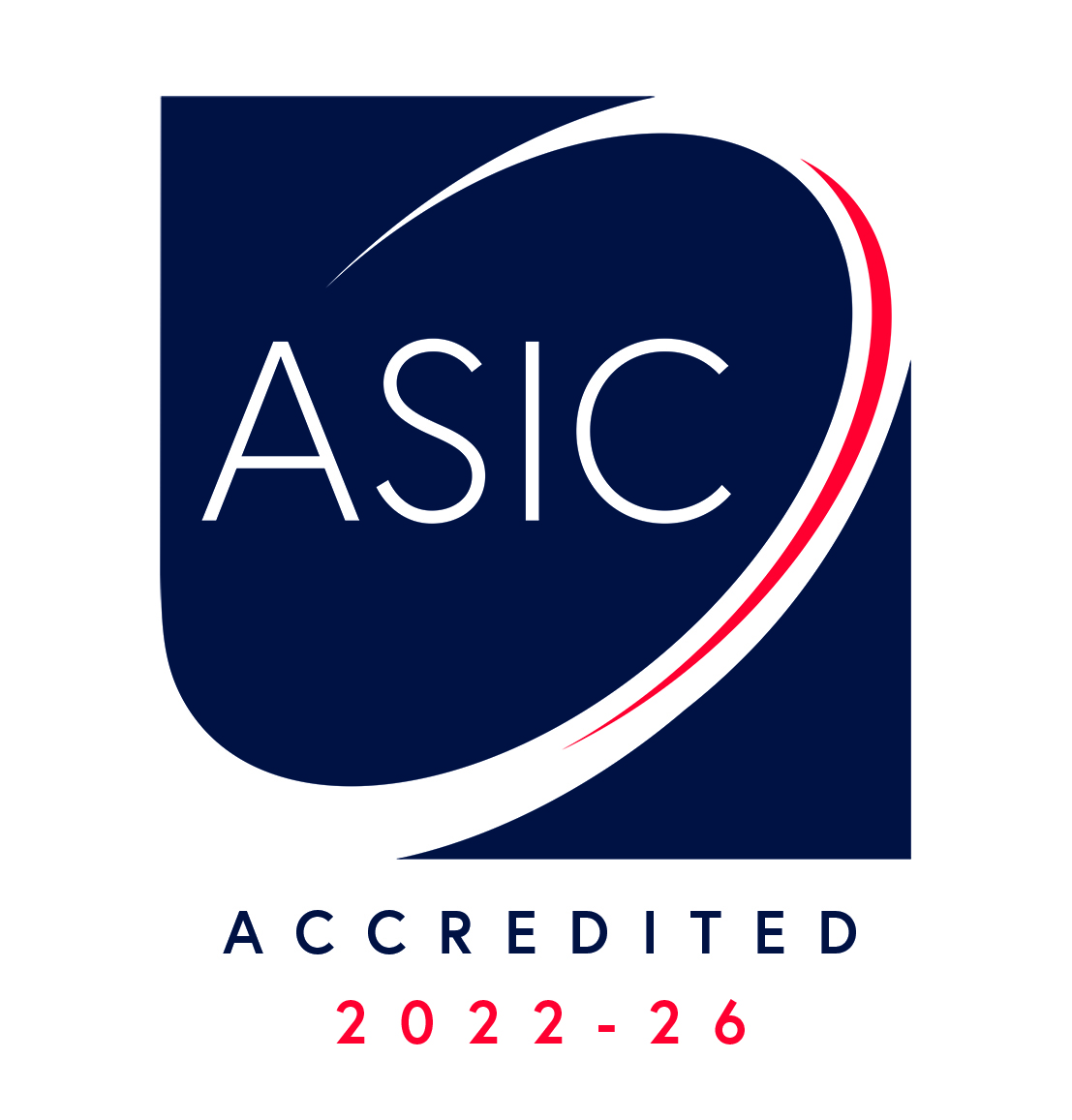Master of Arts in Christian Counseling

Through this unique lens, the Master of Arts in Christian Counseling degree program aims to equip counselors to offer compassionate, insightful, and transformative care deeply rooted in faith and attuned to the Holy Spirit's leadership in every counseling situation. This Spirit-led approach to Christian Counseling prepares graduates to serve effectively within their churches and wider communities, offering hope and healing that resonates with the Pentecostal-Charismatic tradition.
Request Admissions Information
Why Enroll in VIU's Christian Counseling Program?
-
Comprehensive Curriculum
The Master of Arts in Christian Counseling program covers a wide range of Christian Counseling topics, including crisis counseling, cross-cultural counseling, addiction counseling, and marriage and family counseling from a Christian perspective. This variety ensures graduates are well-equipped to handle diverse Christian Counseling needs. -
Faith-Based Perspective
With a focus on the Pentecostal-Charismatic perspective, the program integrates spiritual dimensions with professional Christian Counseling practices, offering a unique blend that appeals to those looking to serve in faith-based settings. -
Affordable
VIU's Master of Arts in Christian Counseling is the world's most affordable accredited degree in Christian Counseling from a Pentecostal-Charismatic Perspective. -
Flexibility
Designed for online learning, the Master of Arts in Christian Counseling program allows students to balance their studies with personal and professional commitments, making it accessible to a wider audience, including those already involved in ministry or Christian Counseling work. -
Practical Skills
The courses emphasize practical Christian Counseling skills and strategies, ensuring graduates can apply their knowledge effectively in real-world scenarios. -
Cultural Competency
With a course dedicated to cross-cultural Christian Counseling, students are trained to serve effectively in diverse communities, respecting and understanding different cultural backgrounds. -
Preparation for Challenges
Christian Crisis Counseling and ethics courses prepare students to care for others in sensitive situations with confidence and integrity.
Quick Facts on Tuition and Fees
-
- The cost of the Master’s program in Christian Counseling is $175.00 per credit hour, at 36 credits, for an estimated total of $6,300 USD.
- Additional fees: $50.00 application fee, $150.00 graduation fee, and an initial down payment of approximately $600.00, which includes a $75.00 registration fee.
- Payment options include a minimum monthly payment of approximately $245.00 and flexible plans based on credit requirements. However, all fees must be paid before the degree is issued.
Benefits for Churches and Communities
-
Enhanced Support Services
Graduates can offer professional counseling services within their churches, addressing the needs of congregants facing various life challenges. -
Community Outreach
With cross-cultural counseling and crisis intervention skills, graduates can extend their services beyond the church, aiding in community development and support. -
Family and Marriage Strengthening
Specialized courses in marriage and family counseling equip graduates of the Master of Arts in Christian Counseling to support and guide families through challenges and promote healthier relationships. -
Addiction Recovery Support
Training in addiction counseling allows graduates of the Master of Arts in Christian Counseling to serve in recovery programs, offering hope and assistance to those struggling with substance abuse. -
Ethical Leadership
A foundation in Christian Counseling ethics ensures that graduates of the Master of Arts in Christian Counseling lead and counsel with integrity, positively influencing their churches and communities. -
Development of Support Networks
Skills in group dynamics facilitate the creation of support groups and workshops, fostering community and support among church members and beyond.
- The Master of Arts requires a prerequisite of 30 credit hours of undergraduate general education courses.
Ready to Apply for Admission?
Apply Now for AdmissionVision is Internationally Accredited
Vision International University holds International Accreditation from ASIC (Accreditation Service for International Schools, Colleges, and Universities).
 ASIC Accreditation is a leading, globally recognised quality standard in international education. Institutions undergo an impartial and independent external assessment process to confirm their provision meets rigorous internationally accepted standards, covering the whole spectrum of its administration, governance, and educational offering. Achieving ASIC Accreditation demonstrates to students and stakeholders that an institution is a high-quality education provider that delivers safe and rewarding educational experiences and is committed to continuous improvement throughout its operation.
ASIC Accreditation is a leading, globally recognised quality standard in international education. Institutions undergo an impartial and independent external assessment process to confirm their provision meets rigorous internationally accepted standards, covering the whole spectrum of its administration, governance, and educational offering. Achieving ASIC Accreditation demonstrates to students and stakeholders that an institution is a high-quality education provider that delivers safe and rewarding educational experiences and is committed to continuous improvement throughout its operation.
About ASIC: One of the largest international accreditation agencies operating in 70+ countries, ASIC is recognised in the UK by UKVI - UK Visas and Immigration (part of the Home Office of the UK Government), is ISO 9001:2015 (Quality Management Systems) Accredited and is a Full Member of The International Network for Quality Assurance Agencies in Higher Education (INQAAHE), a member of the BQF (British Quality Foundation), a member of the International Schools Association (ISA), and an institutional member of EDEN (European Distance and E-Learning Network).